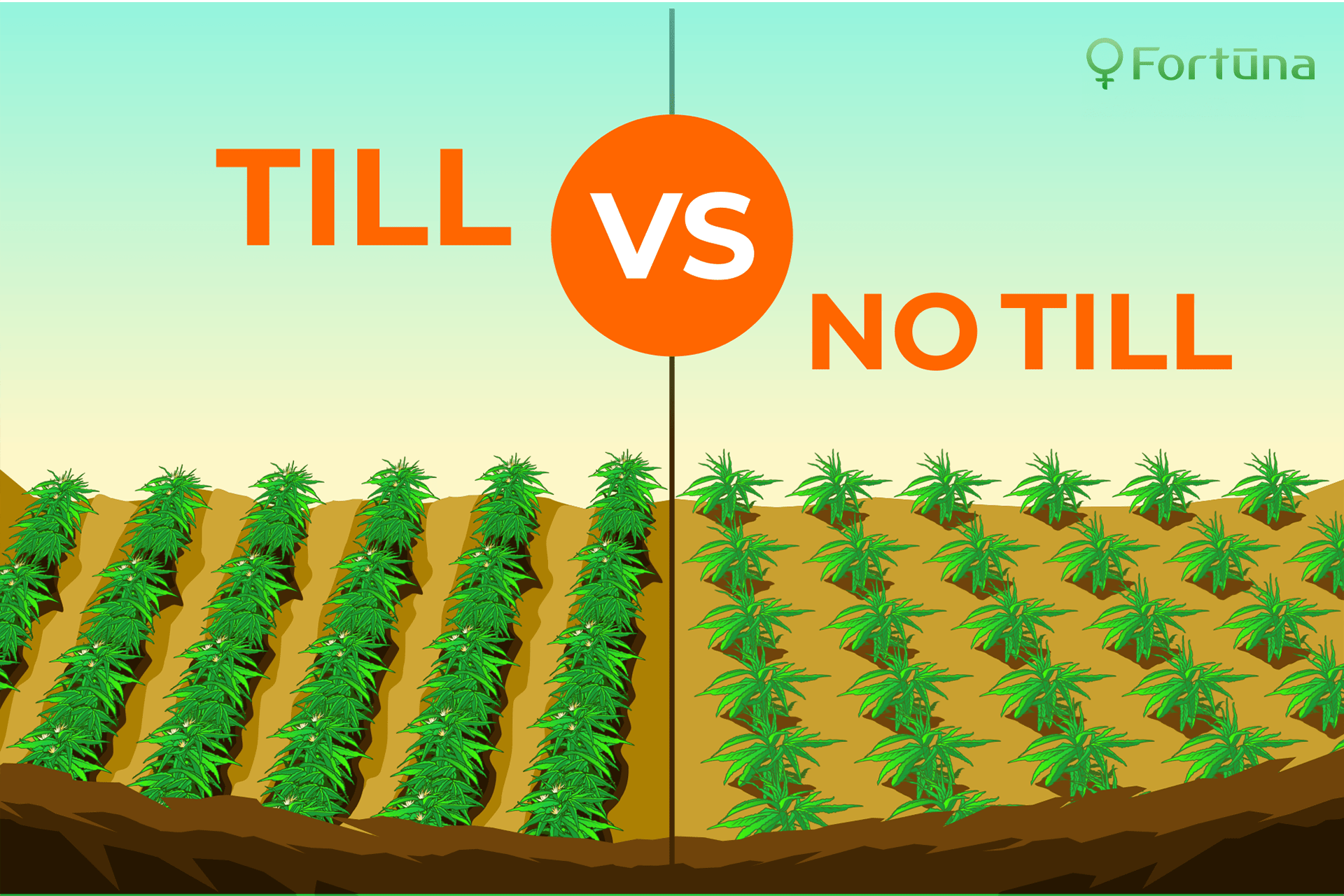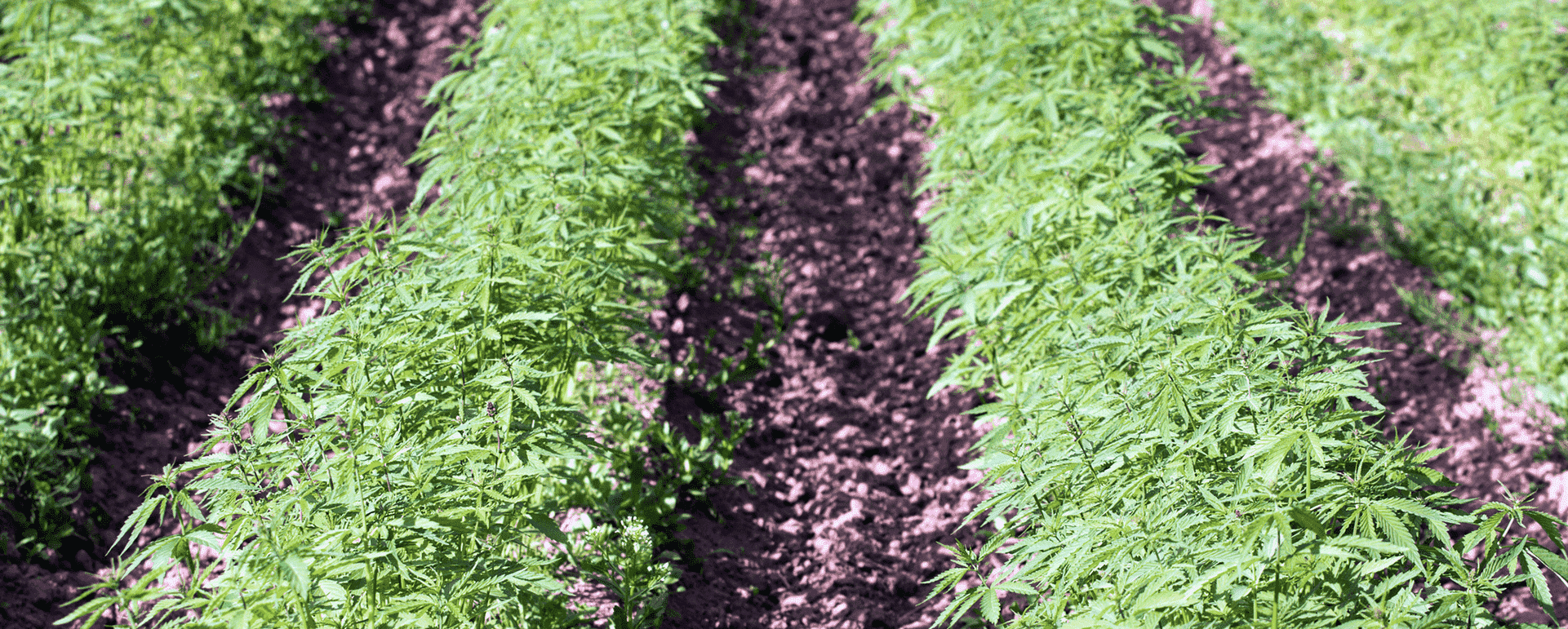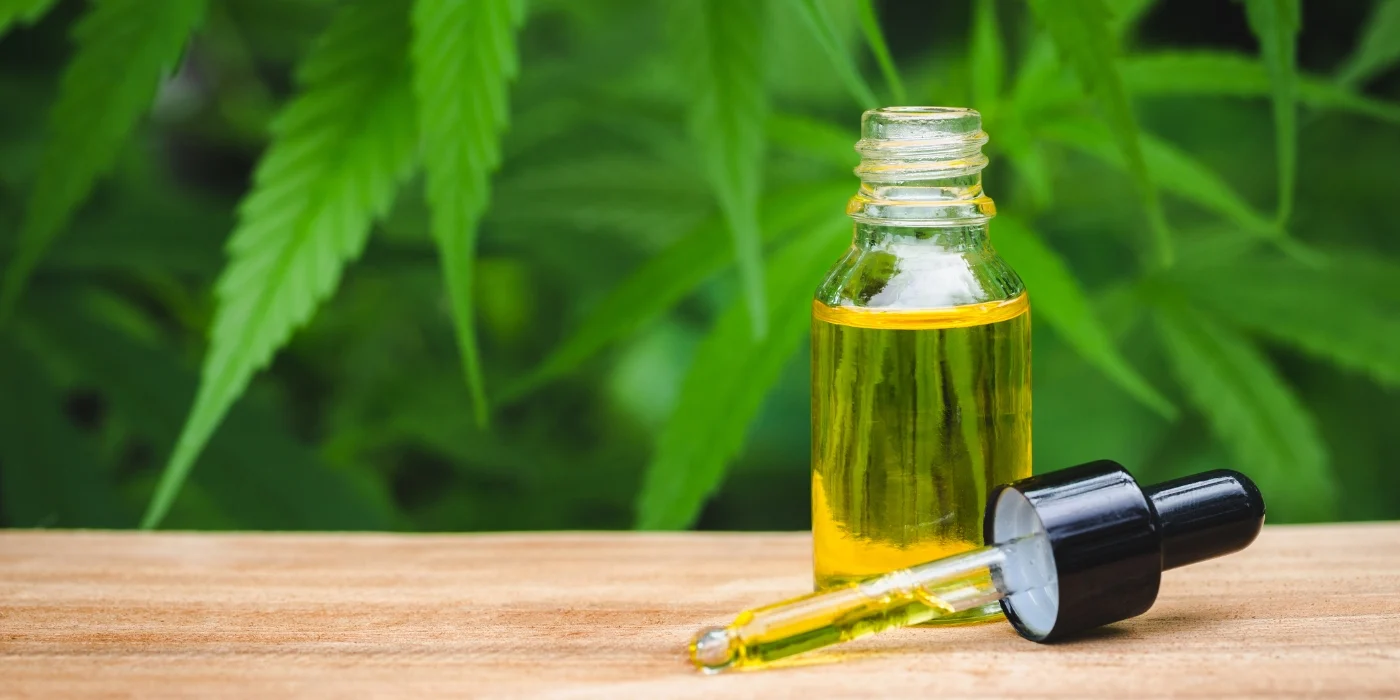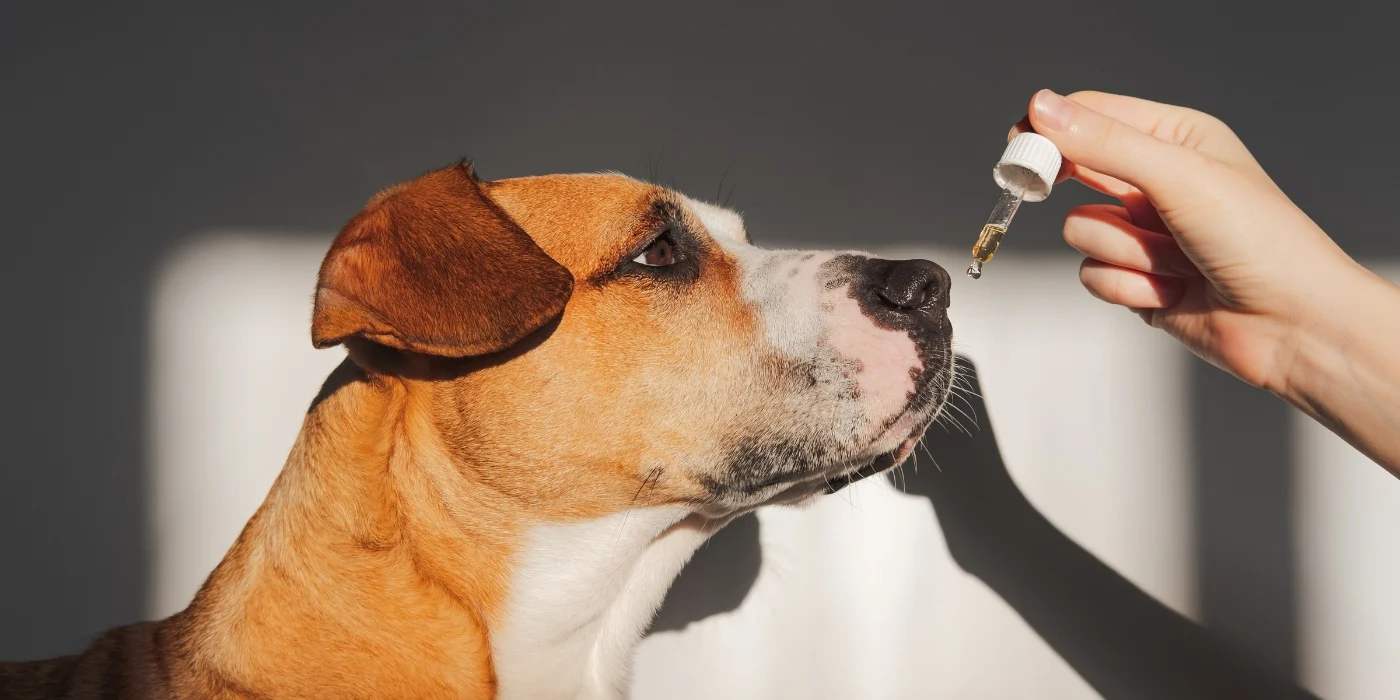
- Hemp Farming
-
by gu
No-till hemp farming is an excellent way to improve soil quality and reduce the labor necessary for this important crop. Additionally, no-till farming is an environmentally-friendly way to ensure CBD hemp plants grow to their fullest potential every single year. So what is “no-till,” and is it really more beneficial than traditional tilling methods of farming? Let’s take a look.
What is No-Till Hemp Farming?
No-till farming is a practice that involves as little soil disruptions as possible. Farmers who engage in no-till practices do not disturb the soil between seasons. Instead, they let the ground’s natural ecosystem do all the work. The results of this practice are multi-faceted. Dead plant matter atop the field protects the soil from erosion, compaction, and evaporation, while organisms in the earth like fungi, bacteria, protozoa, worms, and so on help aerate and nourish the land.
No-till farming is a great way to grow organic hemp, which is especially essential regarding consumable CBD hemp farming. No-till hemp farming requires no additional nutrients – especially when farmers use nitrogen fixating plants as cover crops in the interim. As such, the undisturbed organic matter readily feeds the soil without ever requiring chemical additives to promote growth.

Benefits of No-Till Versus Till Hemp Farming
Many traditional farming practices involve tilling, or manually turning the soil to break it up and to incorporate nutrients deep beneath the surface. The central concepts behind farmland tilling are to kill weeds, prepare the soil bed for planting, and to manage nutrient residues for more efficient feeding schedules.
But this activity is not necessary for a healthy hemp crop and may actually do more harm than good. For example, tilling encourages the soil to compact, making it more difficult for young seedlings to survive. What’s more, tilling old growth into the ground reduces water penetration and increases evaporation rates. Hence, the practice of tilling farmland reduces hemp crop irrigation efficiency and increases cost and labor efforts.
Conversely, no-till farming (a.k.a. “direct drilling” or “no-tillage”) requires no additional machinery, labor, or soil supplements. By neglecting the soil, farmers can improve the quality of their crops while preserving and improving the integrity of the soil indefinitely.
Ending Misconceptions about No-Till Hemp Farming
Contrary to popular belief, no-till hemp farming produces more biomass than tilling ever could. In fact, nature’s most widely thriving biomes are in the areas least disturbed by man. Redwood forests in the Pacific Northwest or Indonesia’s rainforests are an excellent example of this. The reason for this is due to the rich biodiversity of these ecosystems. Plants, which convert energy from the sun via photosynthesis, provide animals and insects with the energy they need to thrive and reproduce. These organisms then feed other organisms including other animals and future plant generations. This natural cycle improves and strengthens soil every season in untouched environments whereas disturbed environments must rebuild the ecosystem through alternative means.
This brings us to another common concern. Many who reject no-till hemp farming do so because they believe the process encourages pest infestation and thus the need for chemical pesticides. However, natural ecosystems are evolutionarily designed to combat this, as well. Undisturbed environments are teeming with life including fungi, protozoa, nematodes, bacteria, worms, and larger animals. These organisms work together to maintain soil quality and reduce the infestation of harmful pests. Notably, the vast collection of organisms in a natural environment function symbiotically to improve soil quality in a myriad of important ways. Spider mites are no match against ladybugs or praying mantis while worms. Likewise, bacteria, fungus, and worms break down food to improve nutrient absorption through plant roots.
No-Till Hemp Farming vs. Till Hemp Farming
Hemp farming requires many additional steps to ensure the crop remains healthy and compliant. Fortunately, maintaining a robust ecosystem in the soil is not one of them. By avoiding tilling the soil between seasons, farmers can improve the quality of their land, increase the yield of their biomass, and reduce the labor necessary to grow CBD hemp at scale.
To learn more about CBD hemp farming or to place an order for our premium feminized CBD hemp seeds, contact Fortuna Hemp. We love what we do and can’t wait to share it with you.



